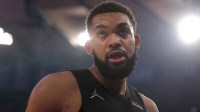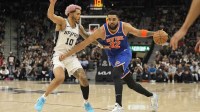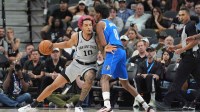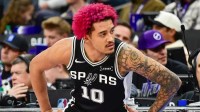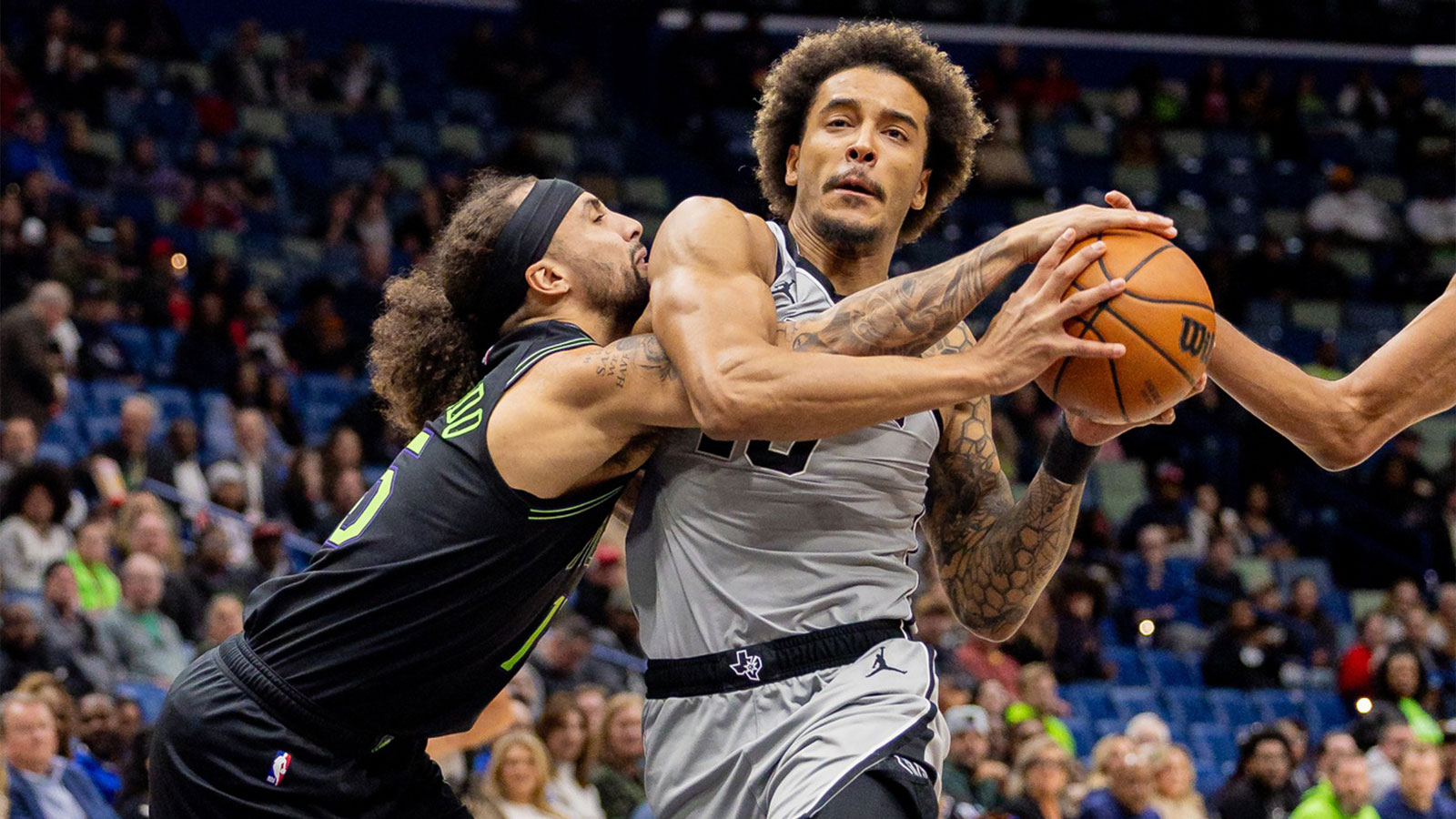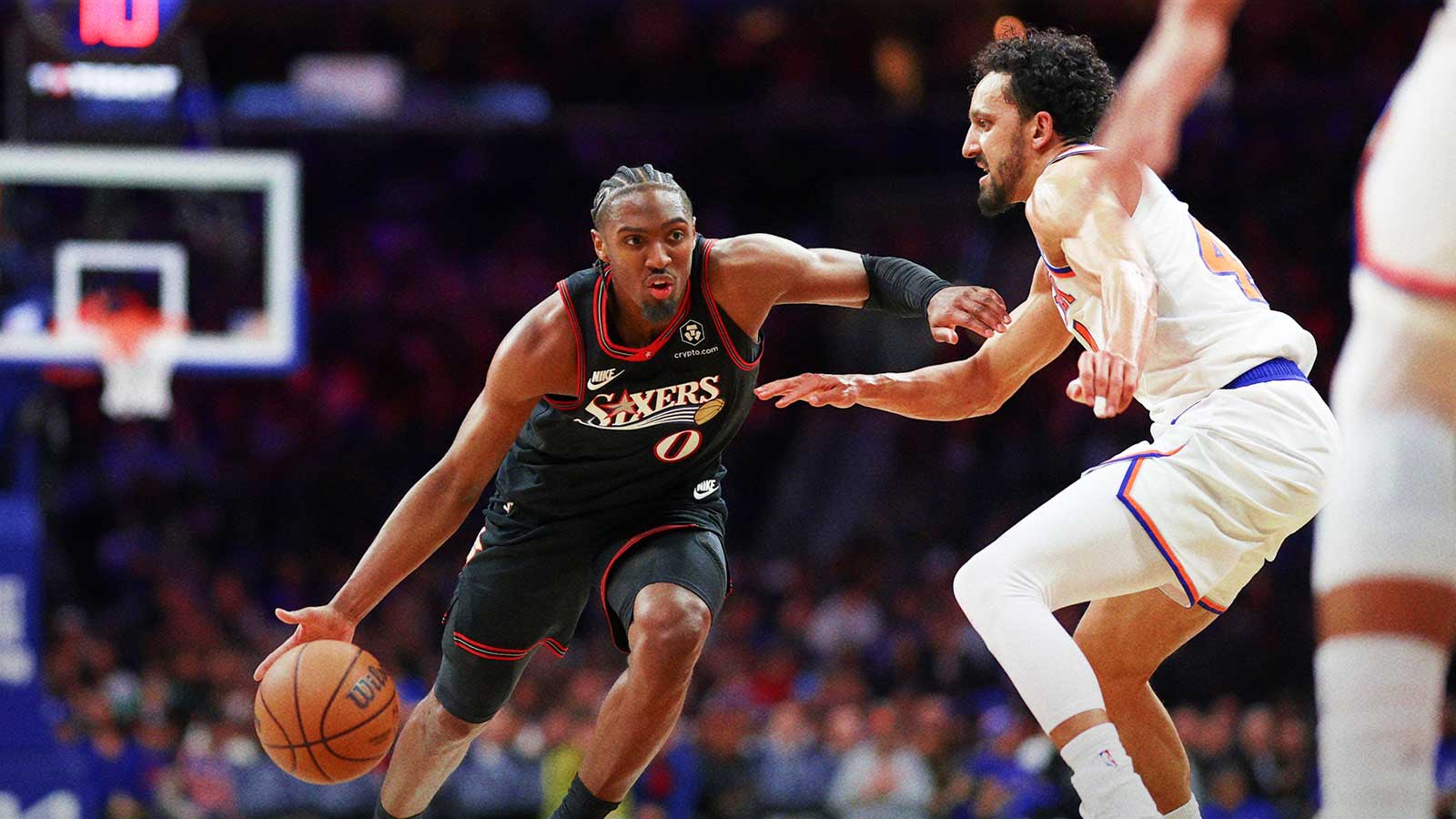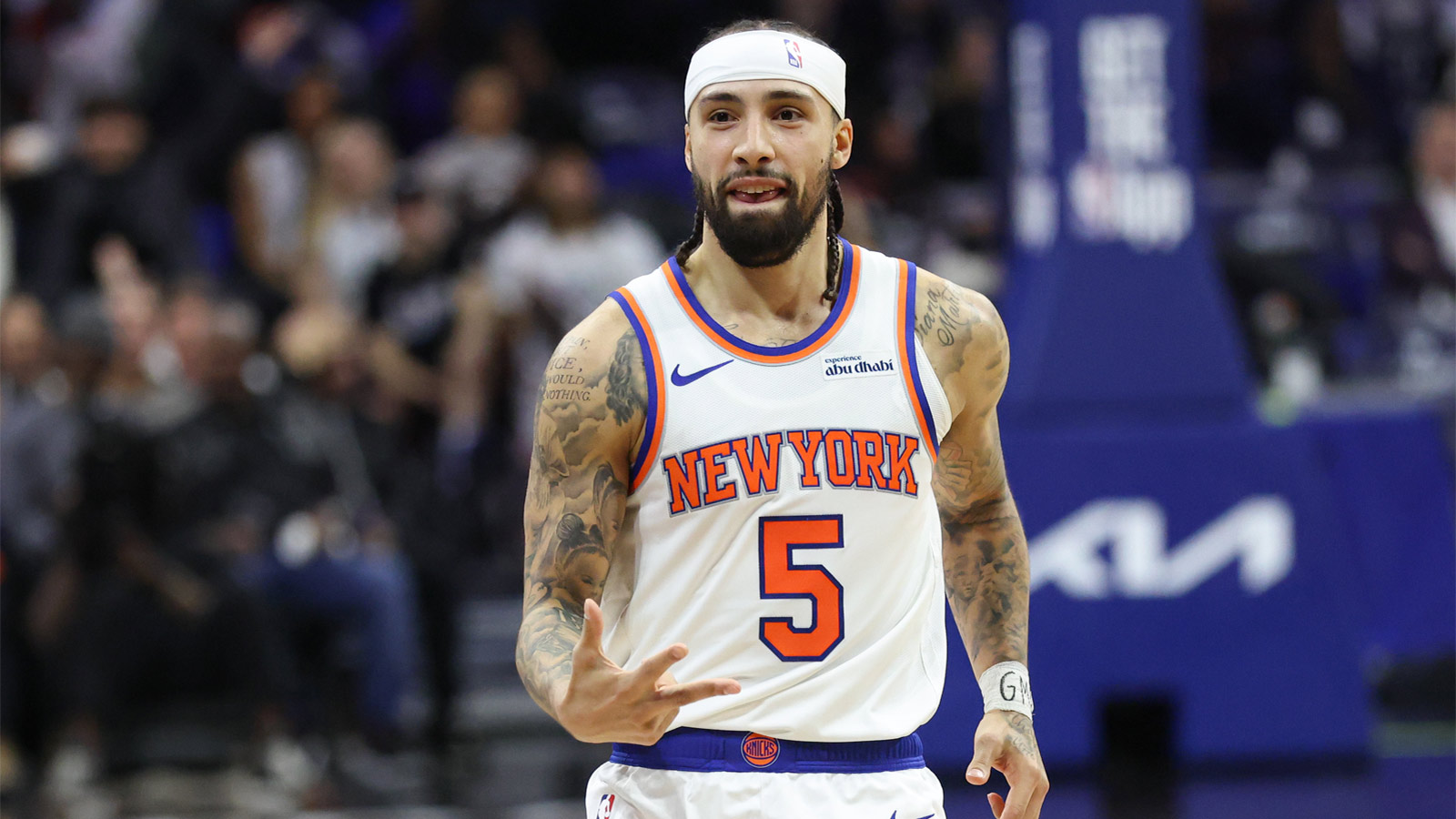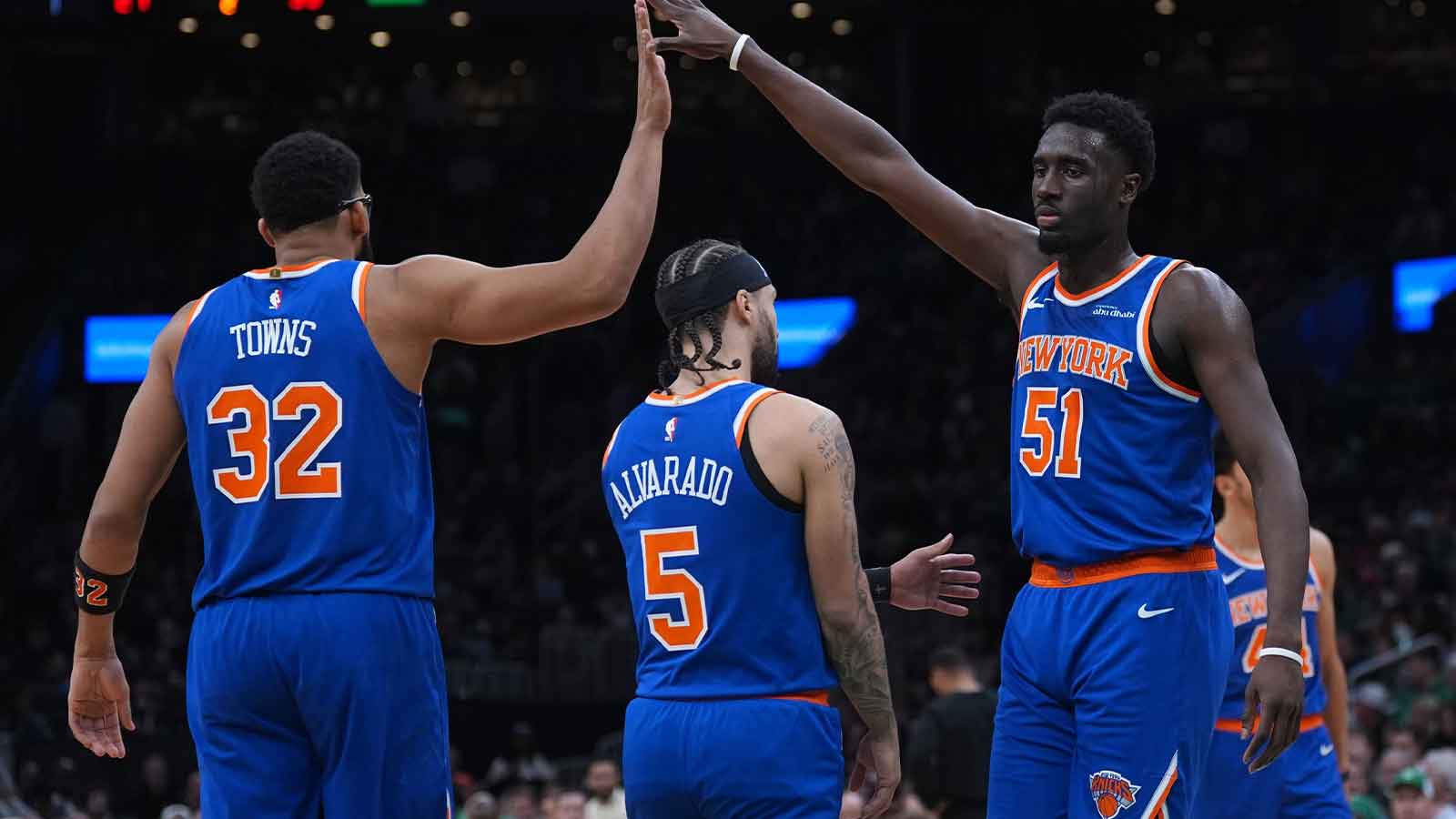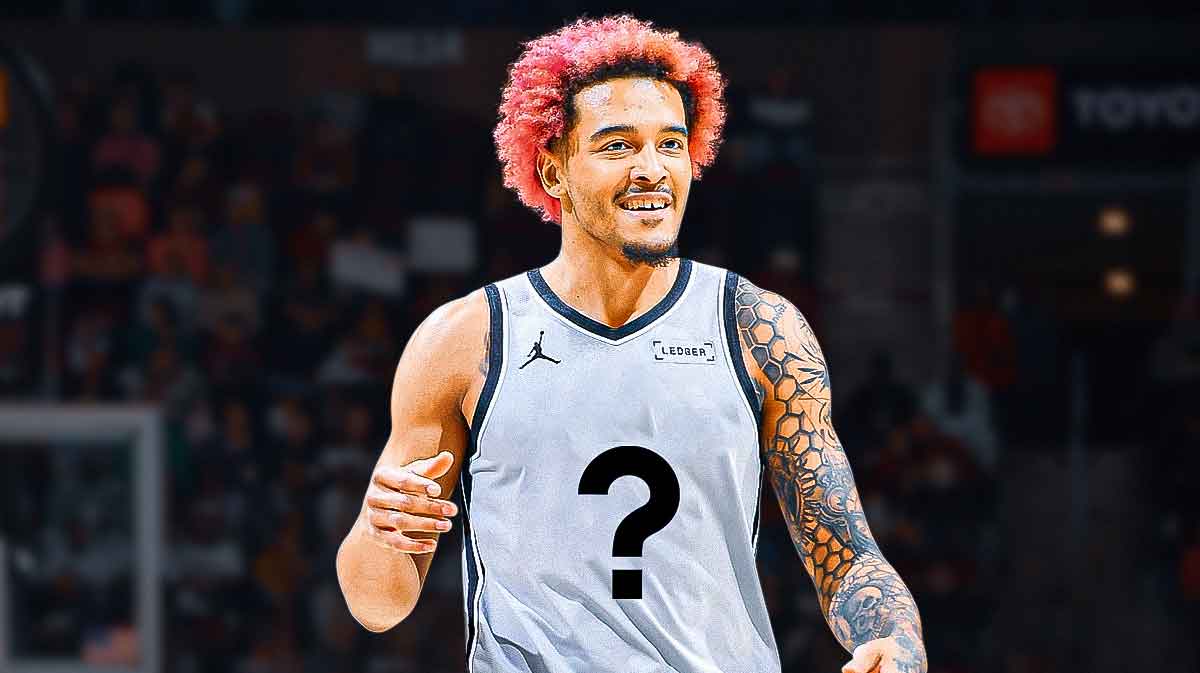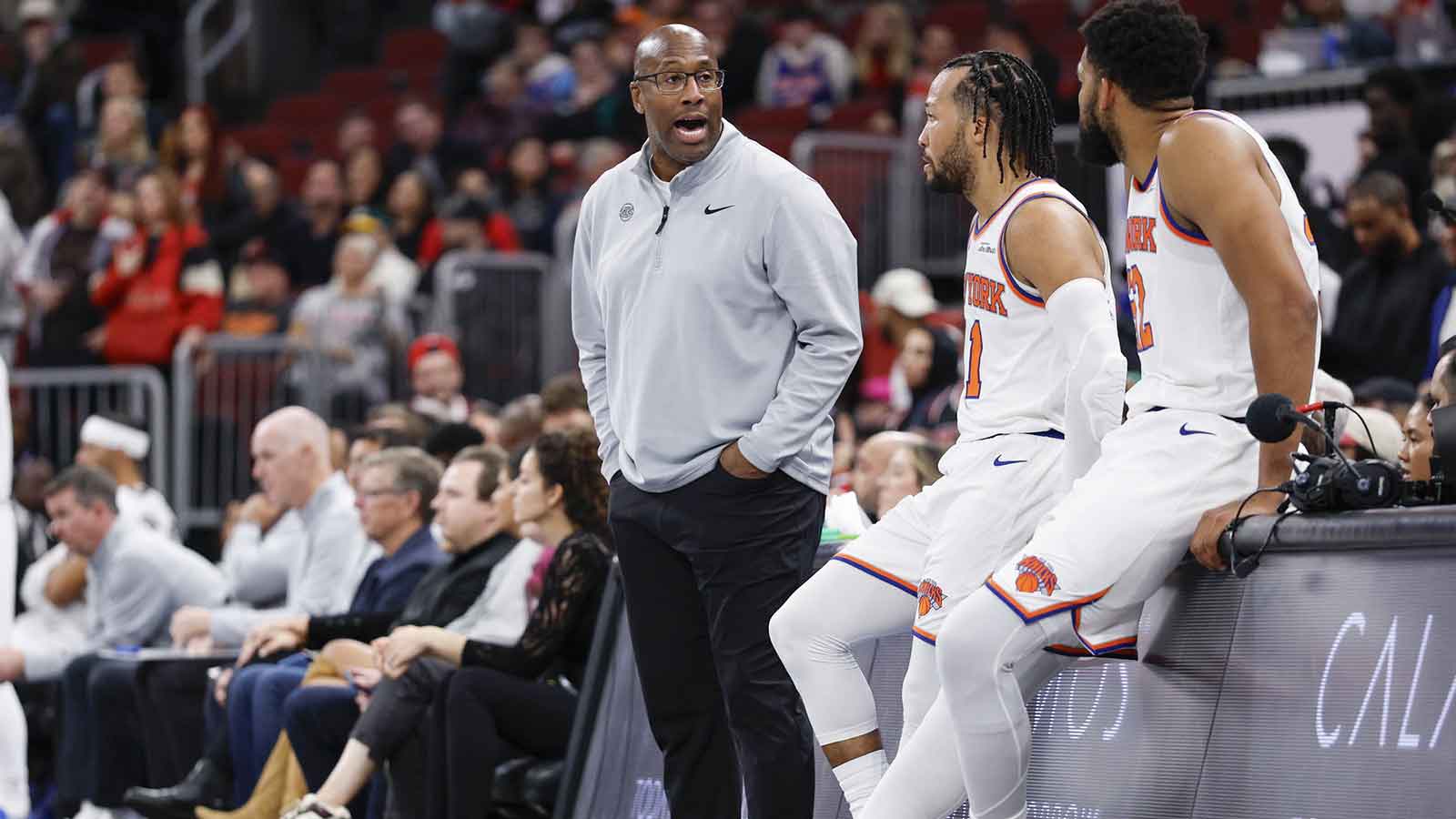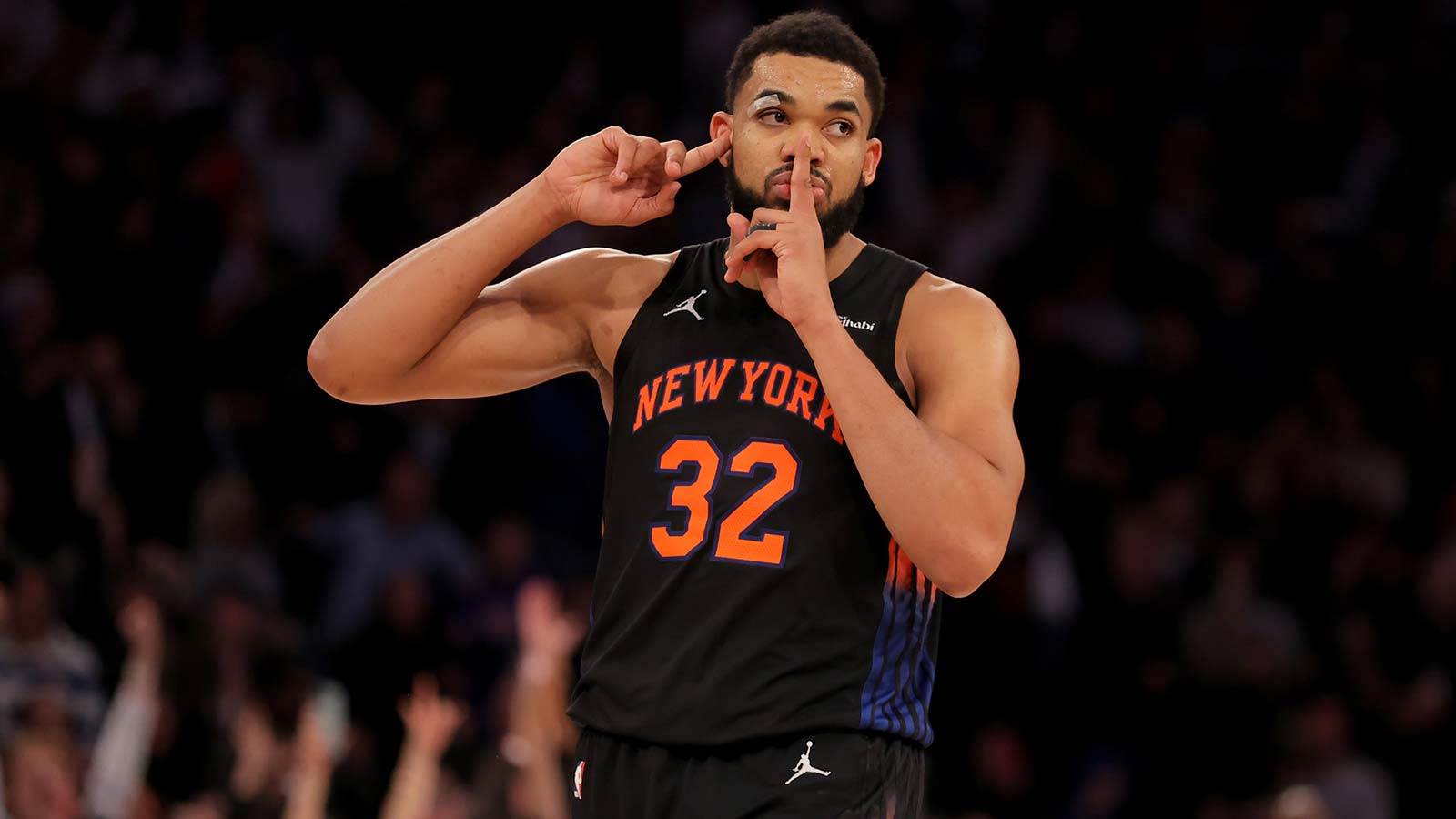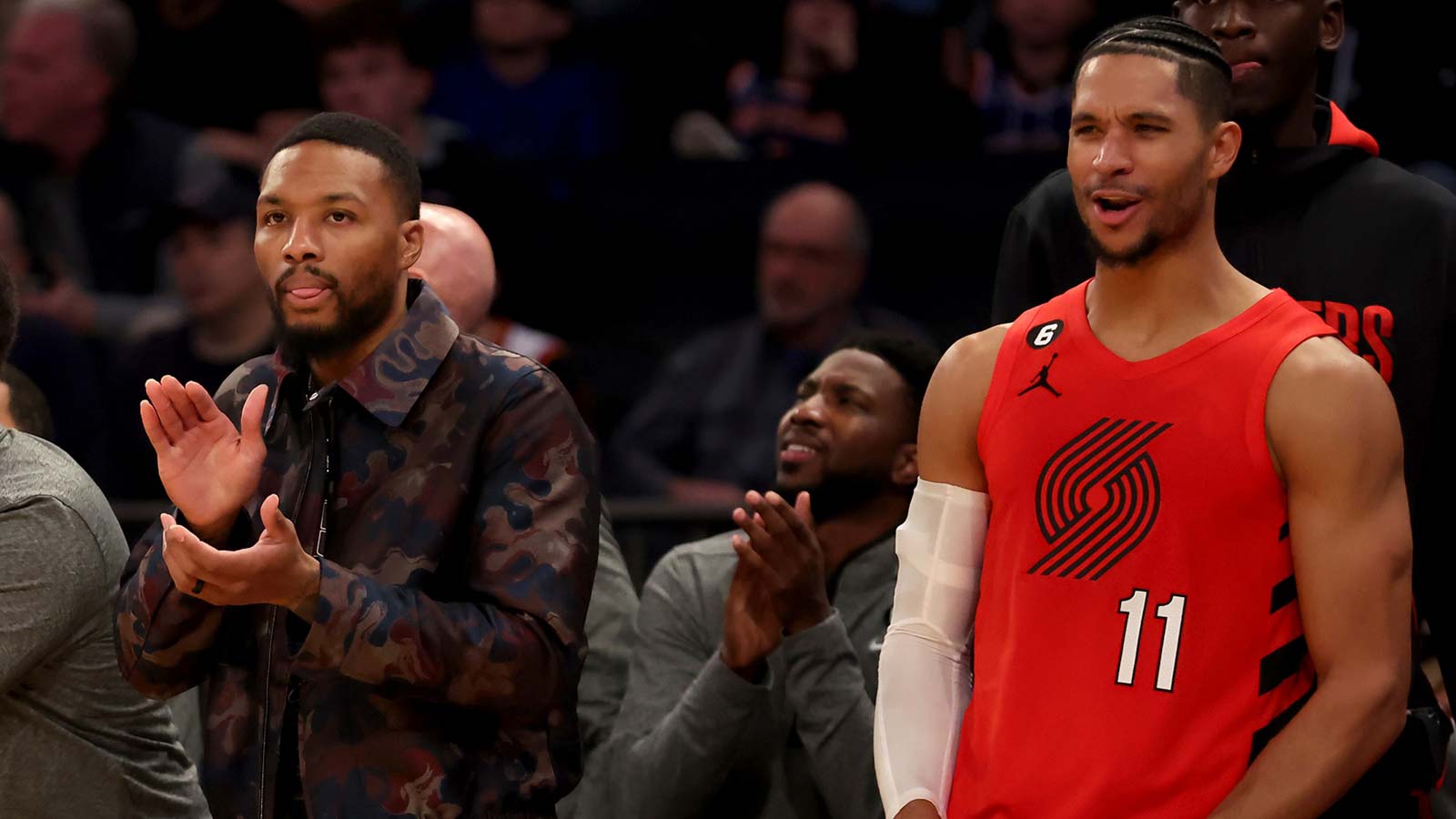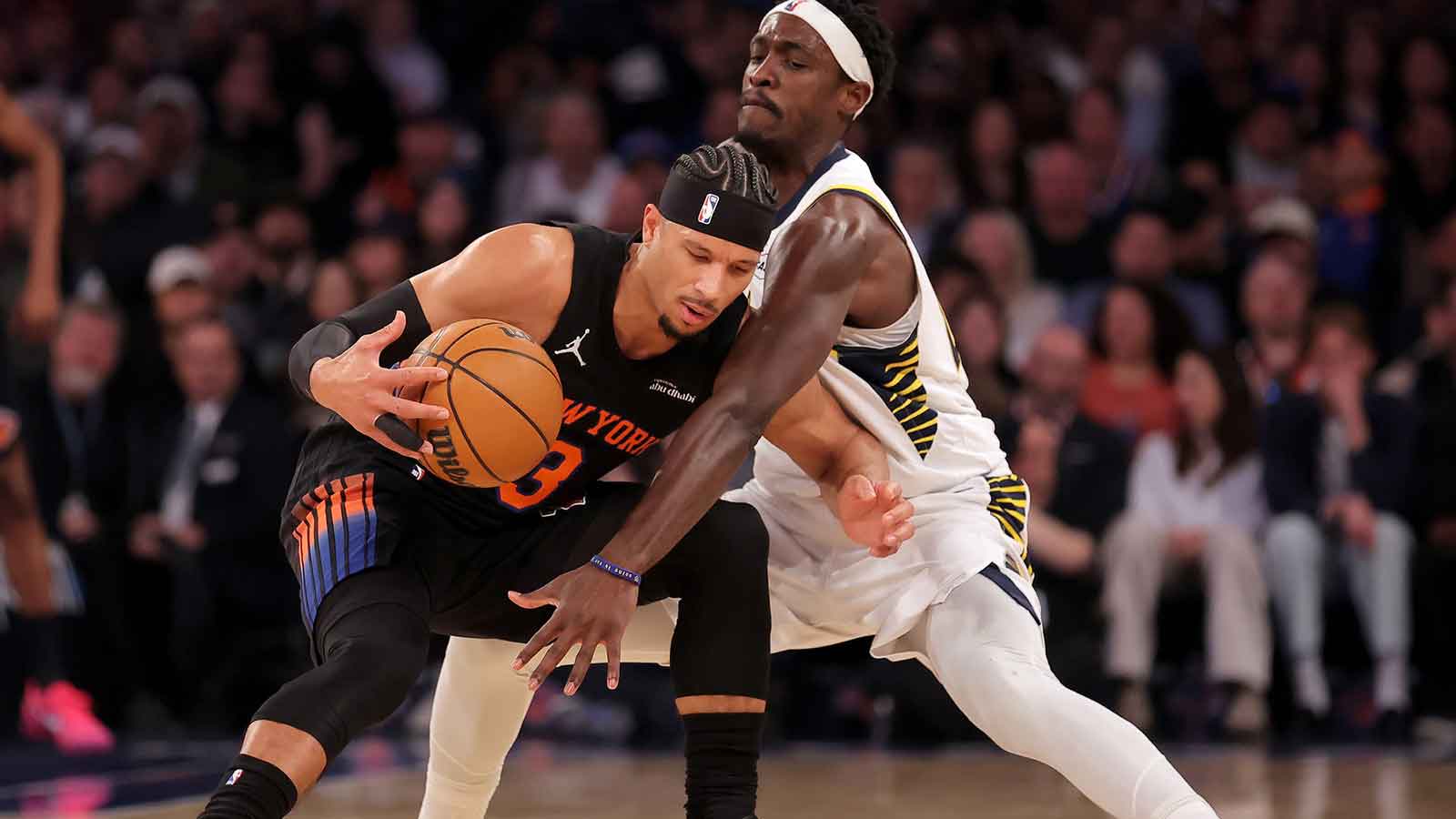The New York Knicks and Minnesota Timberwolves stunned the NBA world with the announcement of a blockbuster trade last Friday involving franchise cornerstones Karl-Anthony Towns and Julius Randle. However, despite the initial report, the trade wasn’t finalized until Tuesday due to unexpected complications. A third team, the Charlotte Hornets, was brought in to help facilitate the deal, which also involved an unusual twist with EuroLeague player Duane Washington Jr.
The finalized trade saw the New York Knicks acquire Towns from the Timberwolves, along with the draft rights to James Nnaji from the Hornets. Minnesota received Julius Randle, Donte DiVincenzo, Keita Bates-Diop, and a protected 2025 first-round pick from the Detroit Pistons. The Hornets picked up Charlie Brown Jr., DaQuan Jeffries, Duane Washington Jr., and several second-round picks, along with $7.2 million in cash.
Knicks navigate complex CBA restrictions in Karl-Anthony Towns multi-team trade deal
This complex, multi-team trade was driven by the need to navigate the NBA’s salary cap rules, particularly the new restrictions under the Collective Bargaining Agreement (CBA). Towns’ $49.2 million salary required precise salary-matching to ensure the Knicks stayed under the first apron hard cap. To meet this requirement, New York packaged Randle, DiVincenzo, and Bates-Diop to generate over $43 million in outgoing salary, but they still fell short by $6 million.
To bridge the gap, the Knicks utilized sign-and-trade deals for three of their free agents — Brown, Jeffries, and Washington — allowing them to reach the necessary salary threshold. While this addressed New York’s financial constraints, Minnesota needed Charlotte to step in and absorb the contracts of the three players. With ample cap space, the Hornets used their Room Exception and trade exception to facilitate the deal, avoiding any impact on their own salary cap.
The most intricate part of the deal revolved around Washington, who had signed a contract with Serbian team KK Partizan earlier in the offseason. Although Washington was still considered an unrestricted NBA free agent, his EuroLeague contract added a unique layer of complexity. For the trade to proceed, Washington needed to be released by Partizan and receive a Letter of Clearance (LOC) from FIBA, which governs international player movements.
Partizan's release of Washington delays trade
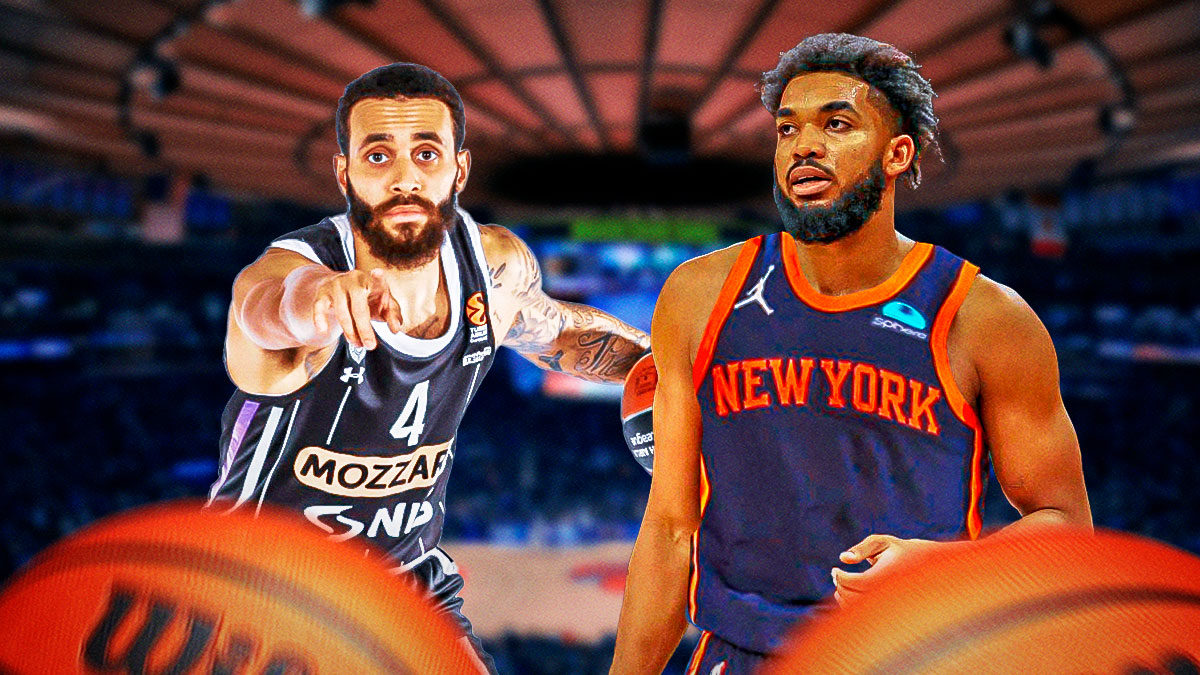
Washington’s participation in Partizan’s early-season games, including starting in two contests and scoring 13 points in one, further complicated the timing. Partizan had to agree to release Washington temporarily, despite his importance to the team, including a critical EuroLeague match against Baskonia on October 3. Washington is expected to return to Partizan after clearing NBA waivers, potentially in time for their Adriatic League game against KK Cibona on October 6 or a EuroLeague matchup with Real Madrid on October 10.
This back-and-forth process between the NBA, FIBA, and Partizan, while not financially burdensome for the Serbian club, added a significant delay to the completion of the trade. The Knicks were left waiting on FIBA’s LOC and the NBA’s 48-hour waiver period before Washington could officially join the Hornets as part of the sign-and-trade.
With the trade now complete, the New York Knicks are poised for a new era centered around Karl-Anthony Towns, Jalen Brunson, OG Anunoby, and Josh Hart. The deal also demonstrated the Knicks' resourcefulness in working around CBA restrictions, including avoiding the “stacking minimum contracts” rule by adjusting the first-year salaries of Brown, Jeffries, and Washington in their new three-year deals.
This trade marks a significant shift for both the Knicks and Timberwolves, with each team positioning itself for future success. New York’s ability to navigate complex salary cap mechanics and international regulations highlights the intricacies of modern NBA roster construction.





